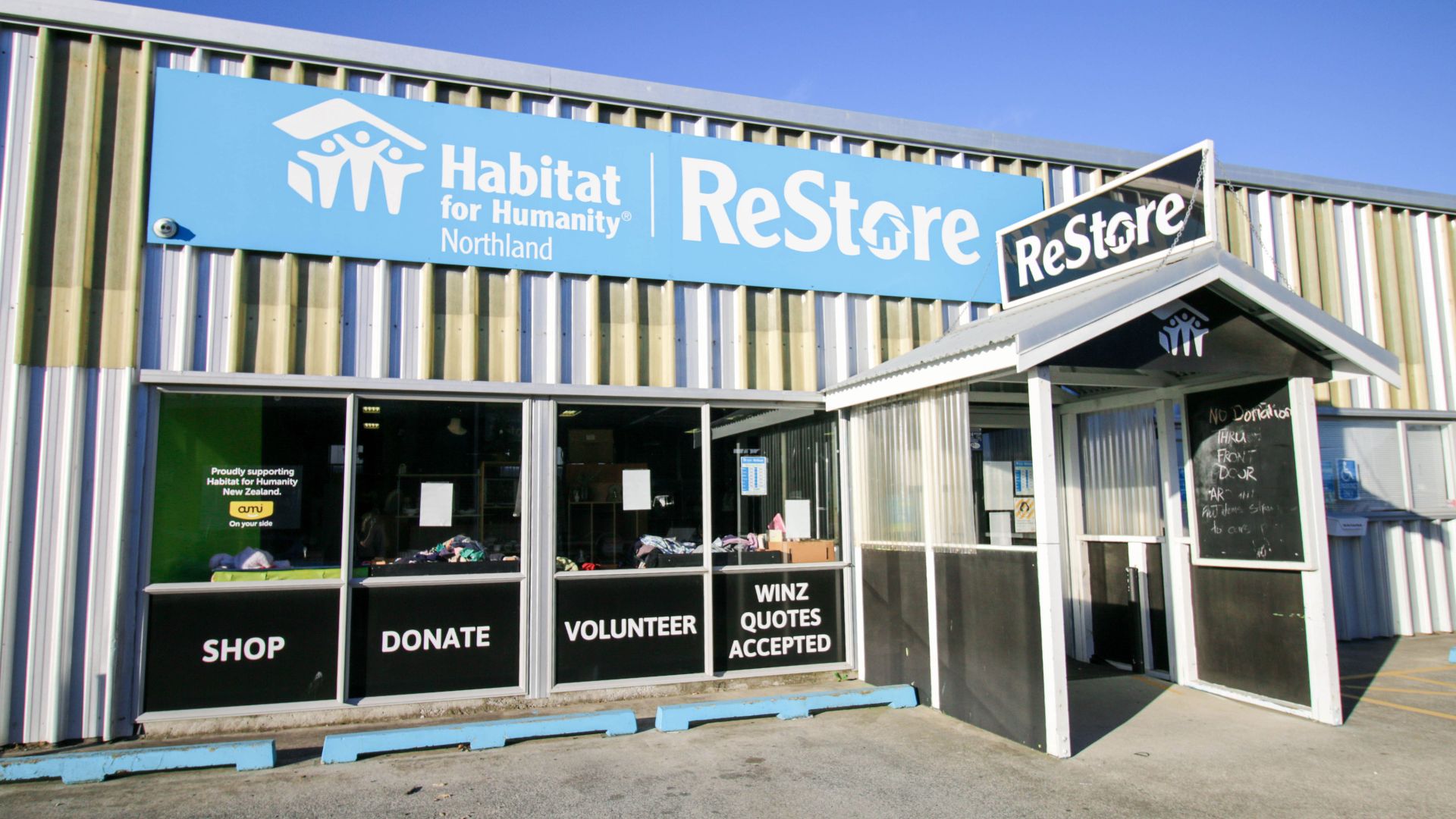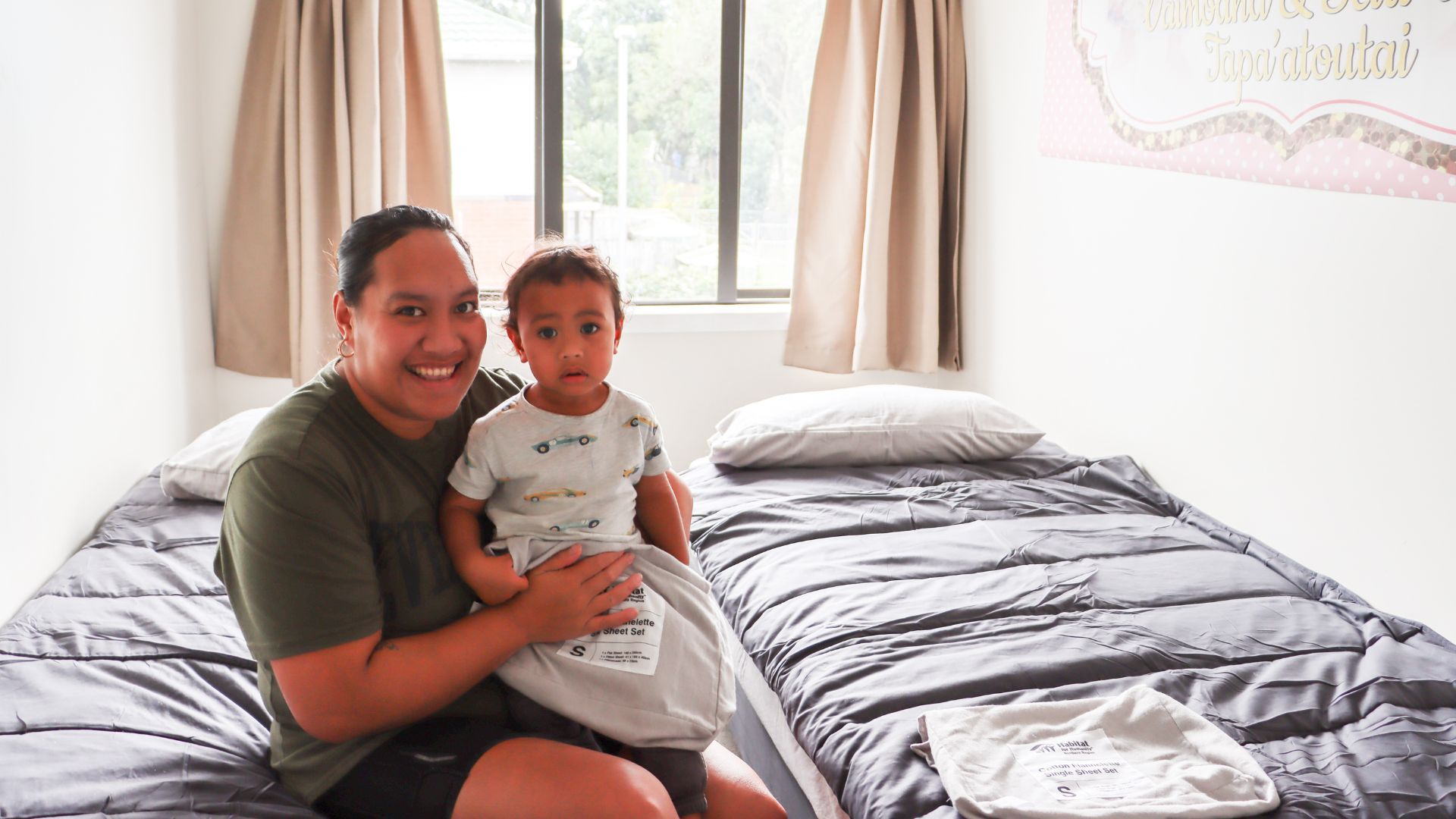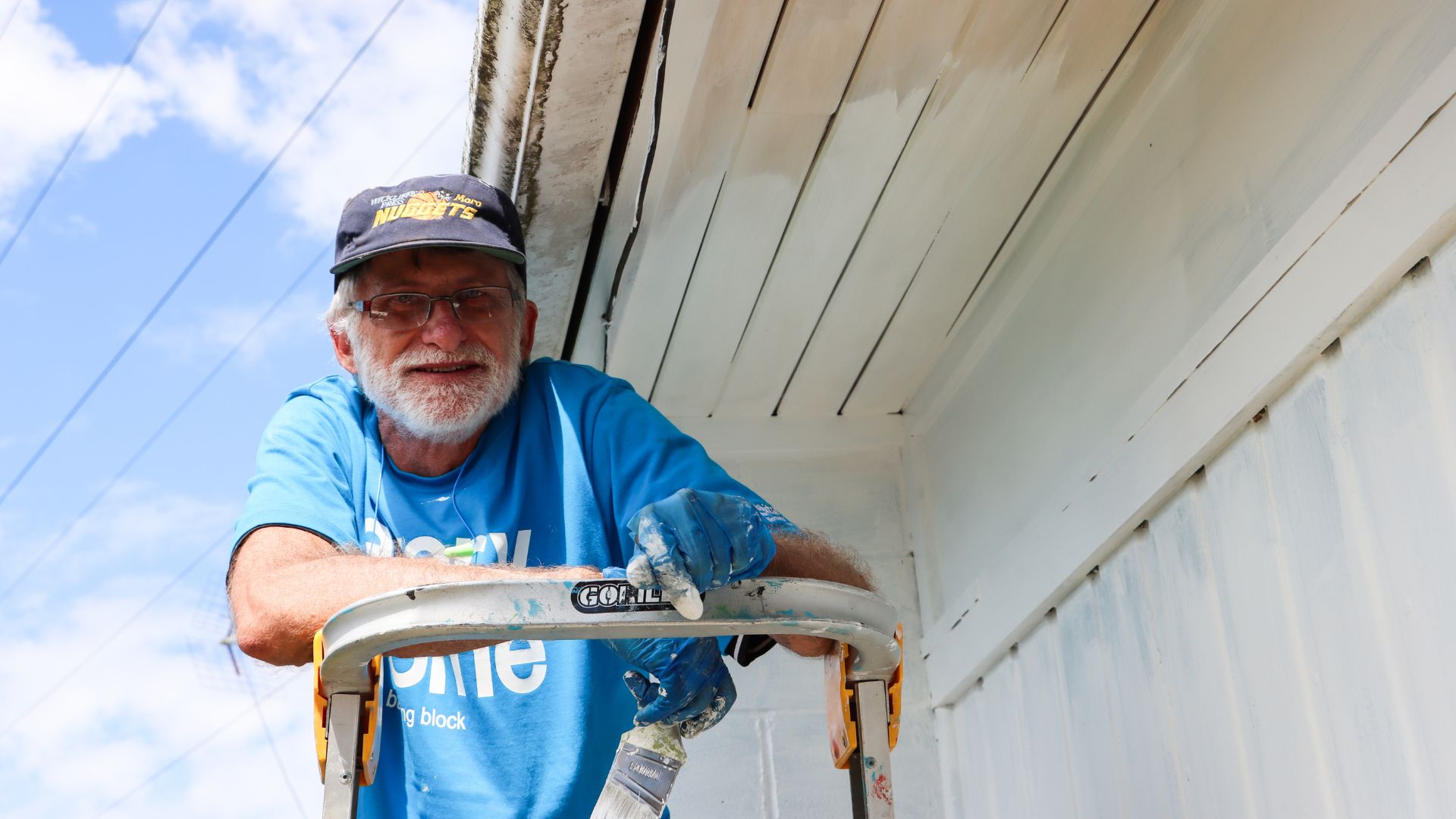The importance of a home has come into sharp focus in recent weeks as we have all been asked to lockdown in response to the latest COVID-19 outbreak.
A place where you, and hopefully your family, can safely stay, that’s warm, dry and has enough space for everyone in your household, would be what Habitat for Humanity would describe as decent place to live.
So when did we stop talking about the importance of people and homes, and how that contributes to a functioning society – and instead primarily talk about the housing market, supply, demand and a house as an asset?
The problem with using classical economics to describe the housing system is that it tends to leave out the human element. Ultimately houses are for people, and although they can be used for economic gain, their ultimate purpose is to house human beings.
As a community housing provider which has worked with Kiwi families of modest means for almost 30 years, Habitat understands the worth of a home, beyond its dollar value.
We see the direct impact of our work on a daily basis. The tears of joy when a family walks into a home they know they will one day own, or how a family is left speechless when they see the transformation our work has made through a home repair job – such as replacing a bathroom to prevent it from leaking. These reactions never cease to amaze me.
Perhaps more importantly, we see the long-term results of what our work achieves, particularly for the 530 families we have worked with who now own their own home. The change which comes about because a family knows they will not be moved on, and they have a home they can come back to every day that is warm, dry and not overcrowded, has multi-generational benefits.
And in today’s world – a place they may have to lockdown in.
Houses are not a commodity like oil or gold, rather they are a necessity for humans to live in. The improvements we see to a family’s health by living in a warmer and drier home are undeniable. Rather than spending time off sick from work, away from school or worse still in hospital, they are able to live a fuller life in the longer term.
We all know there is a housing crisis, and it is across all aspects of housing, from emergency housing through to private ownership. As at March this year 24,000 people were on the waiting list for social housing, yet only six years ago this was 3,500. We know that the average house price in the greater Auckland area is 11 times median income. We know that tenants are paying unreasonable proportions of their income in private rental, we know that mortgage levels for first home buyers beggar belief and that interest rate hikes may lead to negative equity.
What is causing this problem? We often talk about a demand side solution or a supply side solution to the housing crisis. This means we are framing the problem as an economic problem. When there is high demand but low supply the price will be high, and potentially vice versa.
Yet, the housing system is complex and inter-related. Each part of the system is dependent on the other. If New Zealand continues to focus on only one part of the system, such as trying to resolve emergency housing, it will not address the other key areas that make a fully functioning system.
As a nation and as individuals, we need to address the full spectrum of housing across the entire system ranging from emergency and transitional housing through to assisted rental and ownership and onto the fully fledged private market sector.
Individually no one entity, nor government, nor agency can solve the housing crisis by themselves.
If together we all start to own the problem, we can then start to solve this complex issue together. One of the first things we can do is to reframe our approach to housing by putting people at the centre of the discussion. We can begin thinking and talking about people and homes, rather than talking about houses as predominantly investments to create wealth in a market.
By Alan Thorp, Group Chief Executive, Habitat for Humanity New Zealand


